Many solar panels installed across Japan typically have a lifespan of 20 to 30 years, meaning they will reach the end of their useful life in the next decade.
The number of solar panels discarded as waste each year is expected to peak at around 500,000 tonnes in the early 2040s, putting huge pressure on industrial waste treatment facilities.
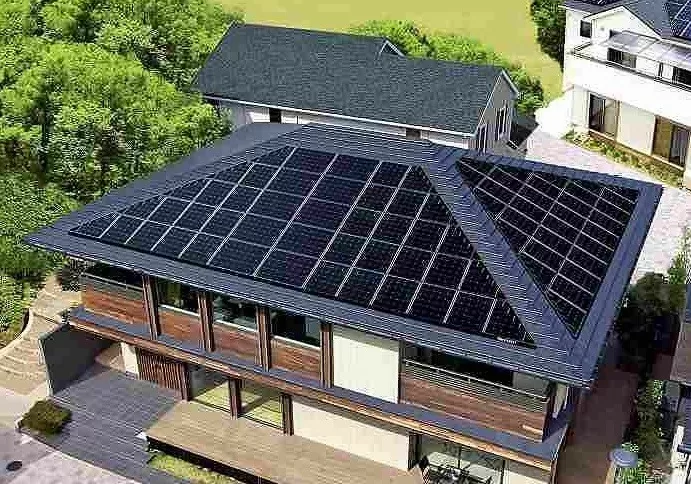 |
| A house with solar panels installed in Japan. (Source: The Japan News) |
Since Japan does not have a system for recycling solar panels, most of them are buried as industrial waste. Currently, the annual amount of solar panel waste is less than 100,000 tons.
But this waste is forecast to start skyrocketing in the mid-2030s and exceed 300,000 tonnes by 2040.
The peak of 500,000 tonnes of solar panel waste per year is expected in the early 2040s, which represents 5% of all final industrial waste. This has led the Japanese government to conclude that mandatory recycling is necessary.
Last September, the Ministry of Industry and Environment began discussions on a proposal to establish a solar panel recycling system. In December, the ministry announced a plan to have panel manufacturers and importers pay for recycling costs and solar facility owners pay for demolition costs.
However, the cost of dismantling household batteries will not be included in the cost-sharing program. The proceeds will be managed by a third party.
The recycling fee will be collected at the time of sale, while the dismantling fee will be collected before power generation begins. This approach is designed to prevent a funding shortfall that could occur if any manufacturer, importer or facility owner goes bankrupt before the panels reach the end of their useful life.
Upon completion of demolition and recycling, third party payments will be made through the facility owner to Government certified demolition contractors and recycling units with adequate capacity to handle the disposal.
Tokyo Power Technology, a subsidiary of Tokyo Electric Power Company (TEPCO), which specializes in recycling solar panels, welcomed the plan to make solar panel recycling mandatory. “We are grateful that what is buried in landfills will be recycled,” said a Tokyo Power Technology official.
However, the big issue is expected to be whether discarded panels will be supplied to recycling businesses on a consistent basis once the recycling system is established.
Another concern is that some facility owners may not agree to remove their solar panels even after their useful life has expired. Additionally, damaged glass surfaces can lead to the leakage of toxic substances such as arsenic and lead, as well as cause fires due to electrical leakage.
To prevent illegal solar panel abandonment and dumping, central and local governments will have to work together to gain detailed information about established solar power facilities and ensure that owners dismantle the facilities and destroy the panels.
The Japanese government aims to find solutions to these problems and draft a final plan for the recycling system early this year.
Source


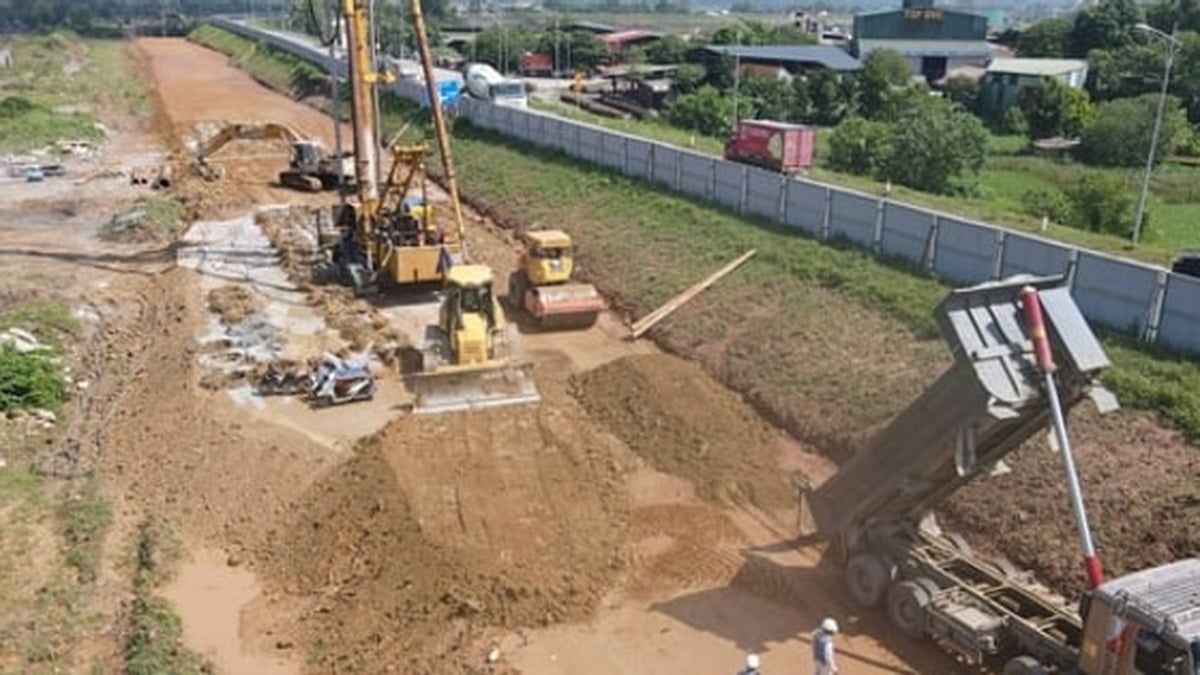


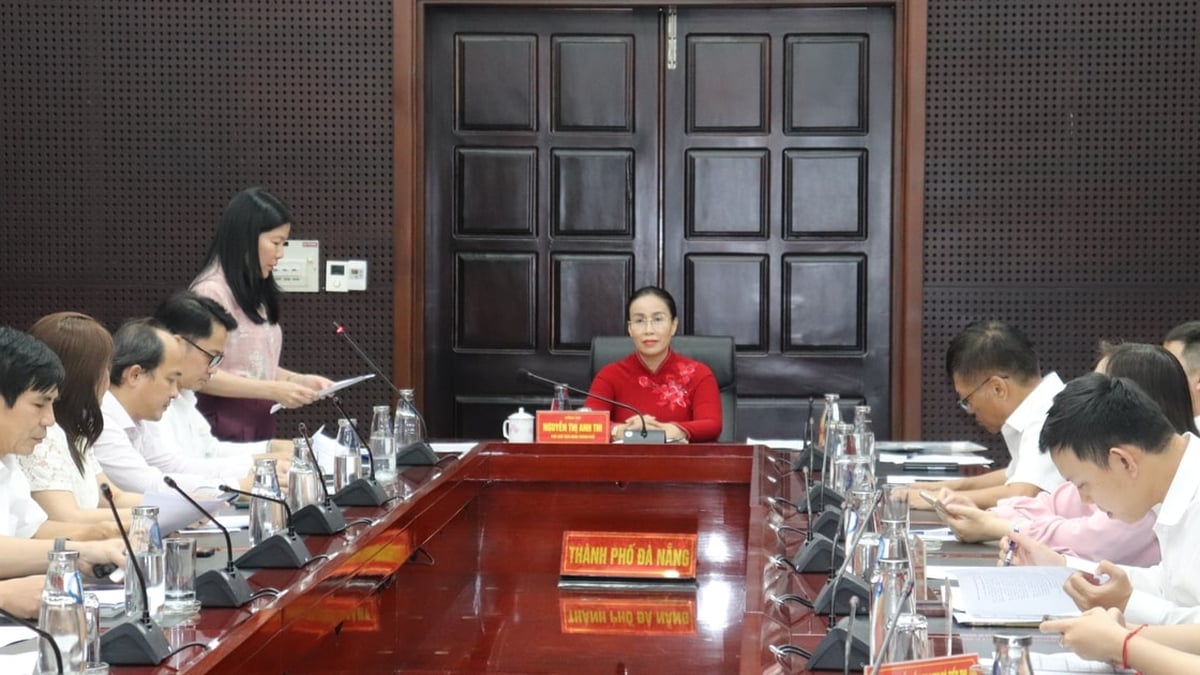


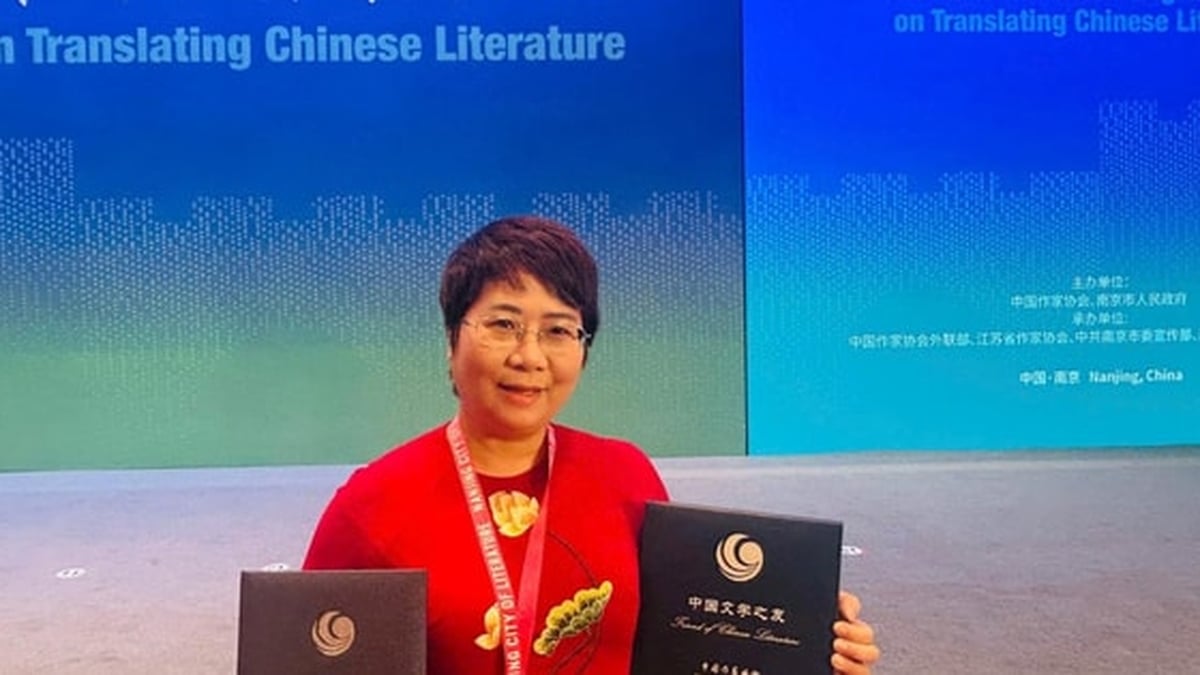
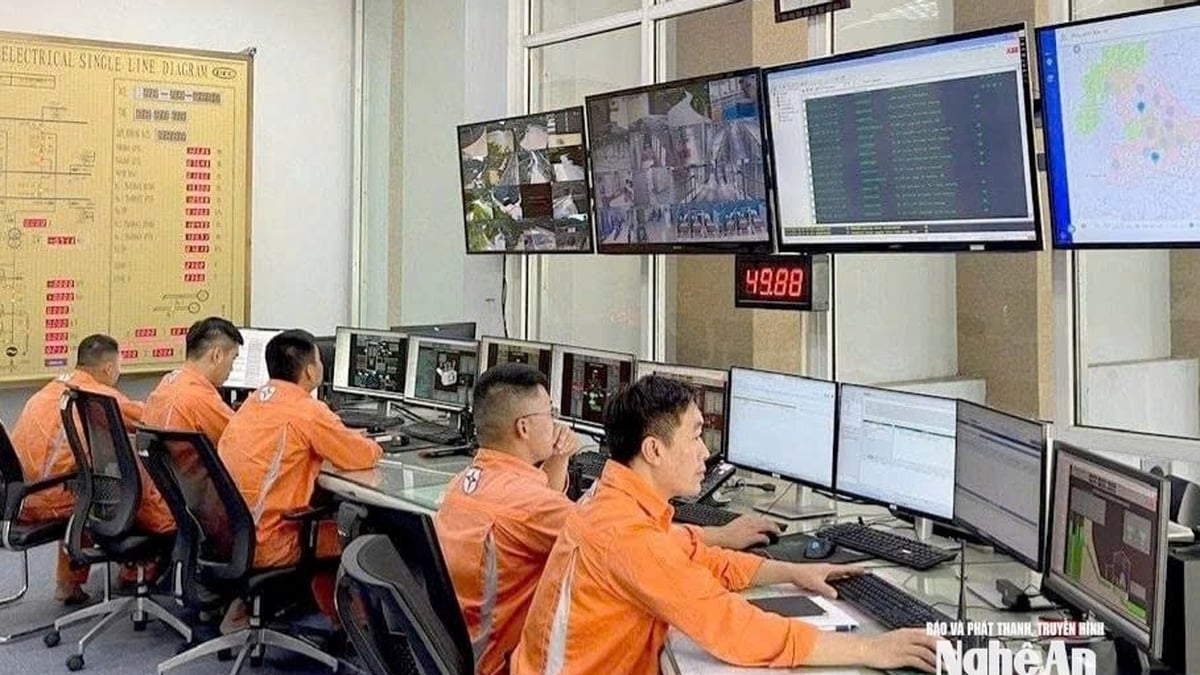
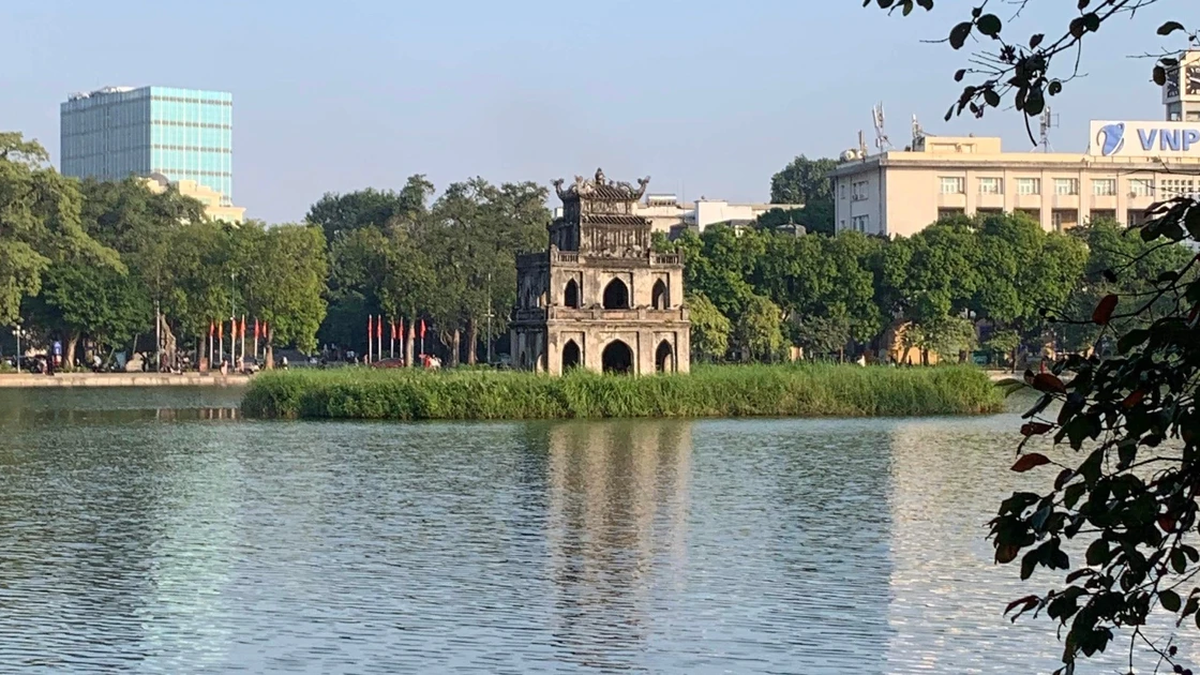




















![[Photo] National Assembly Chairman Tran Thanh Man visits Vietnamese Heroic Mother Ta Thi Tran](https://vphoto.vietnam.vn/thumb/1200x675/vietnam/resource/IMAGE/2025/7/20/765c0bd057dd44ad83ab89fe0255b783)






































































Comment (0)